Advisory Board
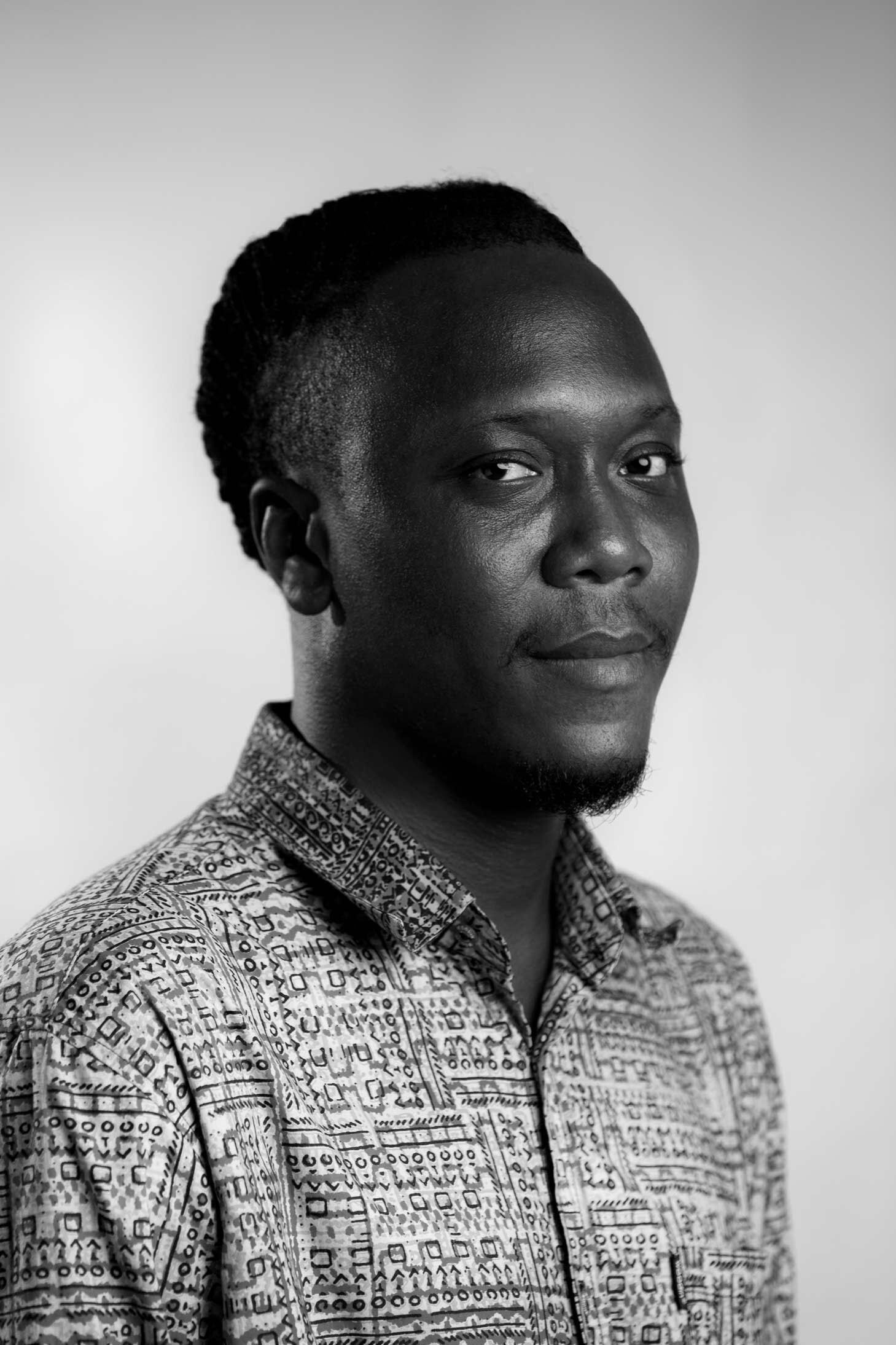
Sela Adjei (PhD) is a multidisciplinary artist, researcher, and curator with degrees in communication design and African art and culture from the Kwame Nkrumah University of Science and Technology (KNUST), Kumasi. He received his PhD in African studies from the University of Ghana, Legon. He is a member of the African Studies Association, AI4Afrika, and the International Society for Folk Narrative Research. His work focuses on decentering aesthetic canons and integrating African aesthetics, philosophy, pedagogy, and indigenous knowledge systems into design and contemporary art practices on which he lectures at the University of Media, Arts and Communication, Institute of Film and Television in Accra. He founded Grin Studios Limited, an art consultancy that connects creatives, cultural producers, and researchers, specializing in art education.
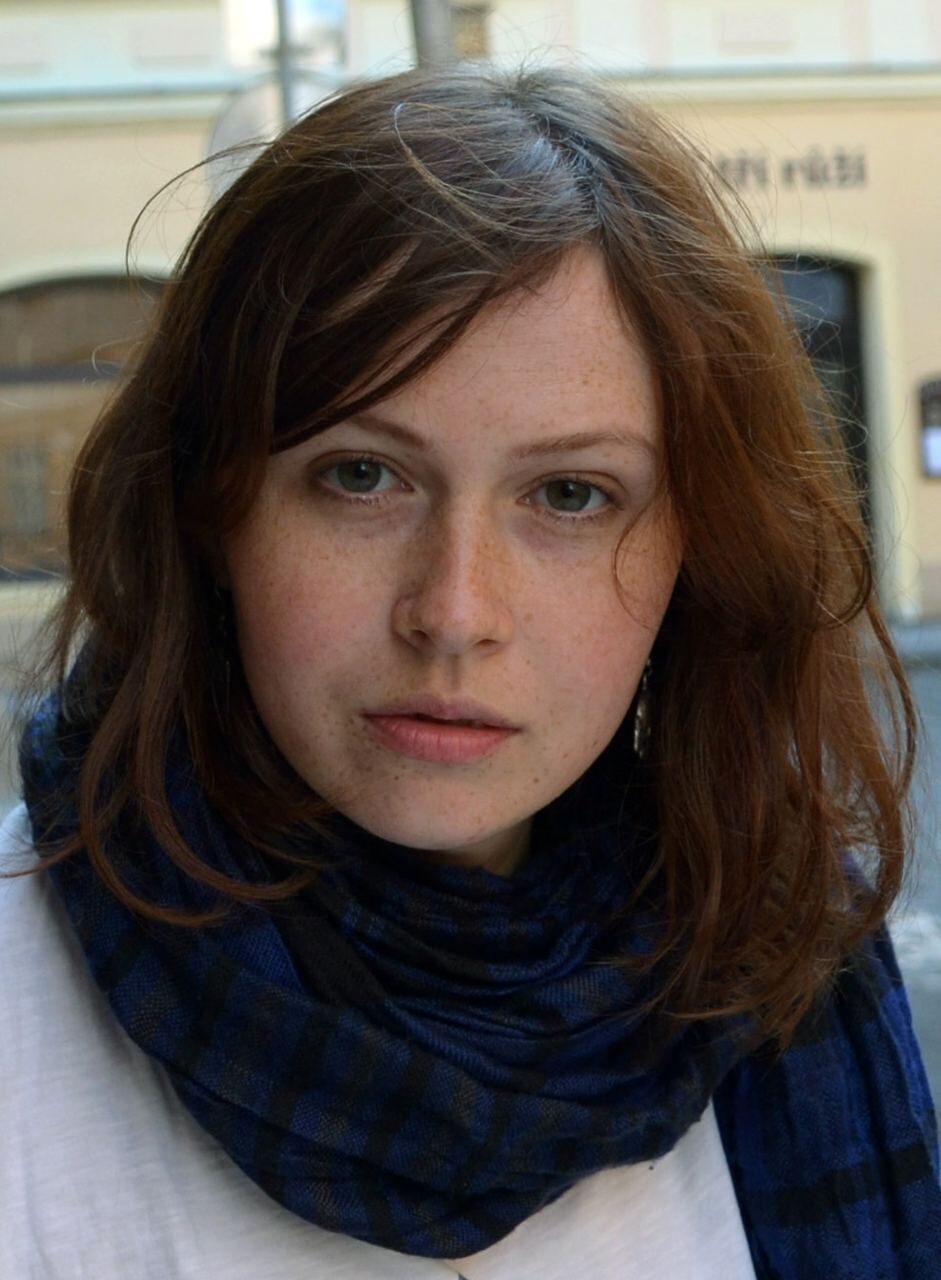
Yaraslava Ananka (PhD) is a Slavist and translator of Polish and German lyrics into Belarusian and Russian. She is currently a junior professor at the Department of Slavonic Studies of Leipzig University. Her research interests are Polish and East Slavic cultural and literary relations in the 19th century, Russian emigration in the 1920s in Germany, Belarusian contemporary poetry and protest culture, Eastern European stand-up comedy, dilettantism as a technique, and iconoclastic practices of resistance in Ukraine.
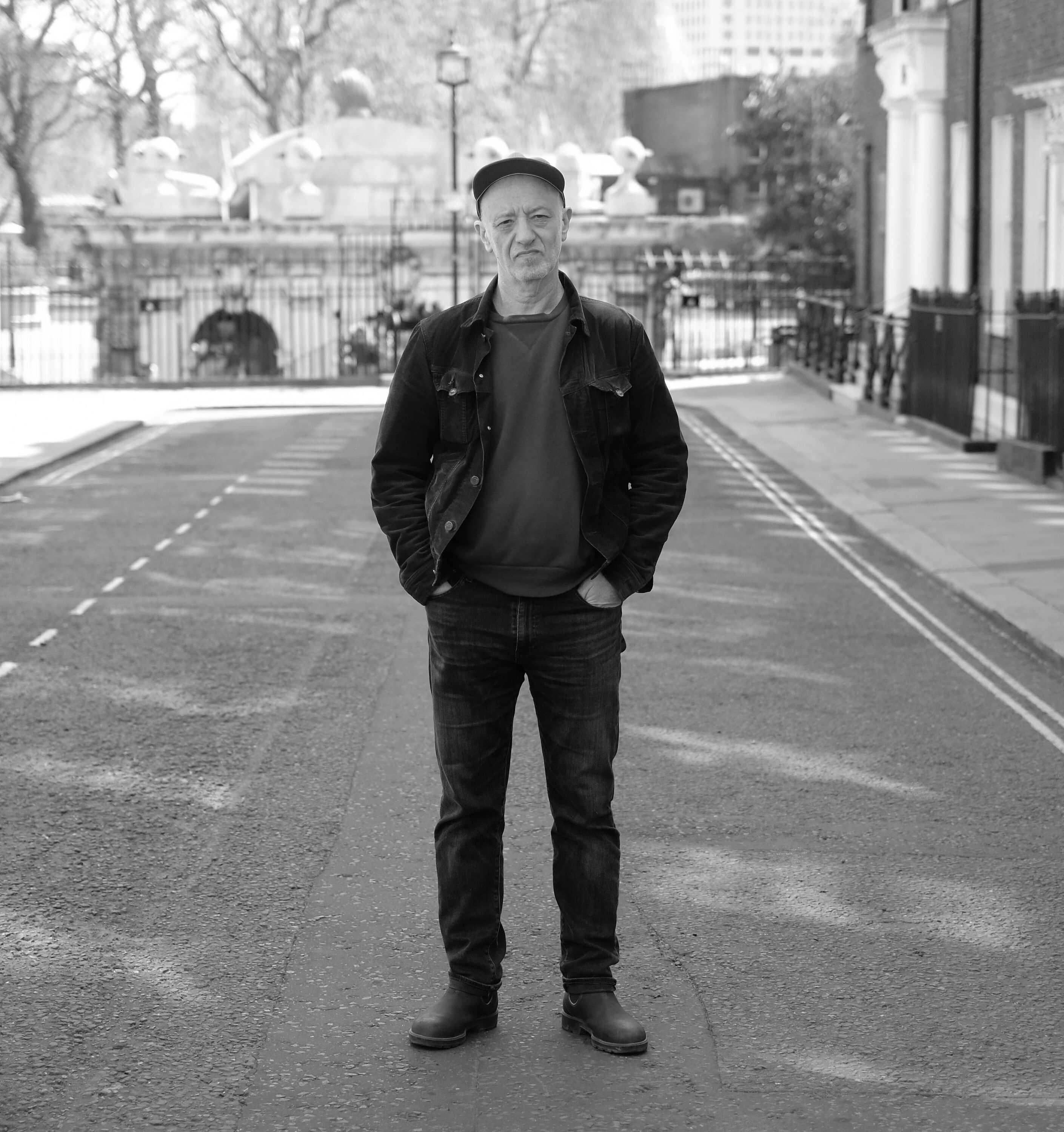
Paul Antick is a multidisciplinary artist, writer, and educator. His work has appeared in numerous academic journals and edited volumes, including Allegra Lab, Journal of Extreme Anthropology, Journal of Visual Culture, Journal of Fashion Theory, Afterimage, and Photographies. His recent work includes the radio broadcasts Smith in Belfast (2018) and Smith in Palestine (2021), co-produced with Jo Langton, for Resonance FM, and the feature film Smith in Malaya, which premiered in 2023 at the Arena Theatre, Wolverhampton. A graduate of the Polytechnic of Central London (Photography) and Goldsmiths College, University of London (Media & Communication), he is currently an Honorary Fellow in the School of Arts at the University of Roehampton, London.
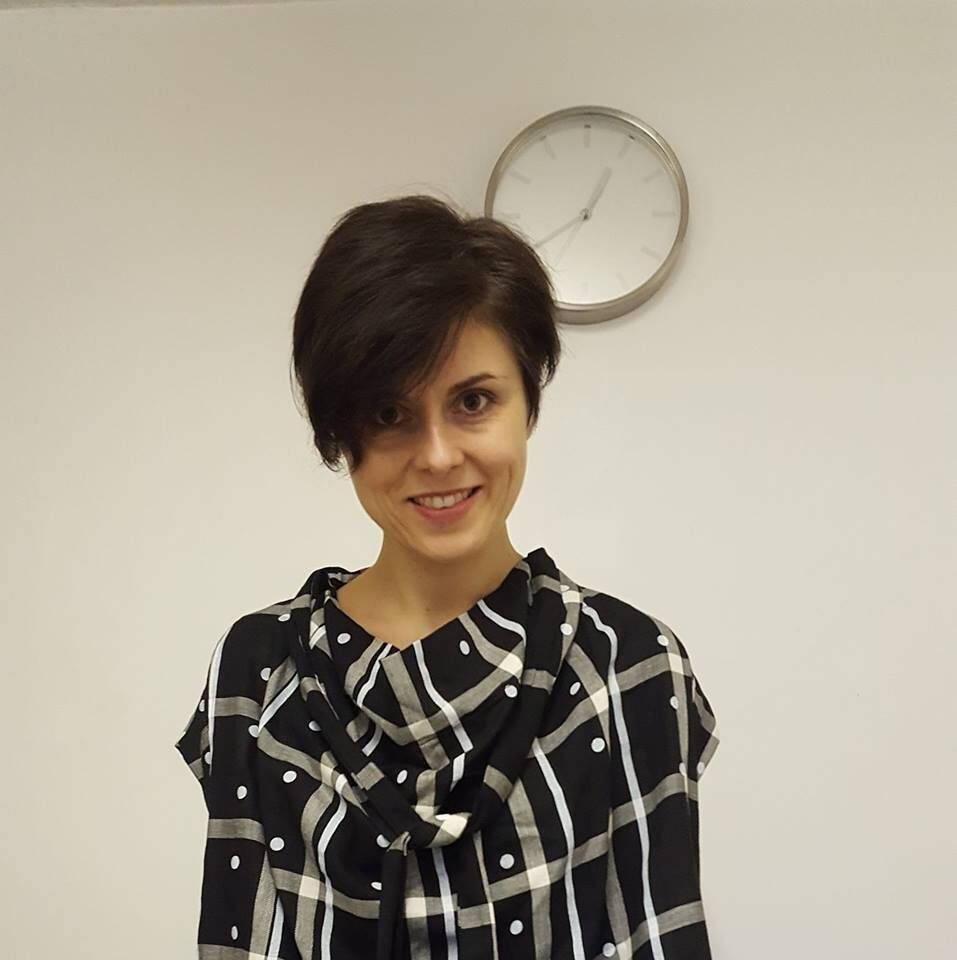
Magdalena Buchczyk is a junior professor of social anthropology and cultural expressions at Humboldt-Universität zu Berlin. She is an ethnographer with a PhD from Goldsmiths College (anthropology) and a research focus on material culture and critical heritage studies. She is co-chair of the TRACTS COST Action working on a new research agenda on trace in the contexts of social justice, climate change, and technology. Her recent monograph Weaving Europe, Crafting the Museum (2023) traced a Berlin-based museum collection across Italy, Germany, Poland and Romania. Buchczyk works across academic and curatorial practice and has co-curated exhibitions at the Horniman Museum, London, Constance Howard Gallery, London and Coexist Gallery, Hamilton House, Bristol. As part of the Amo Collective Berlin, she works on developing artistic, curatorial and research formats of decolonial scholarly and urban practice.
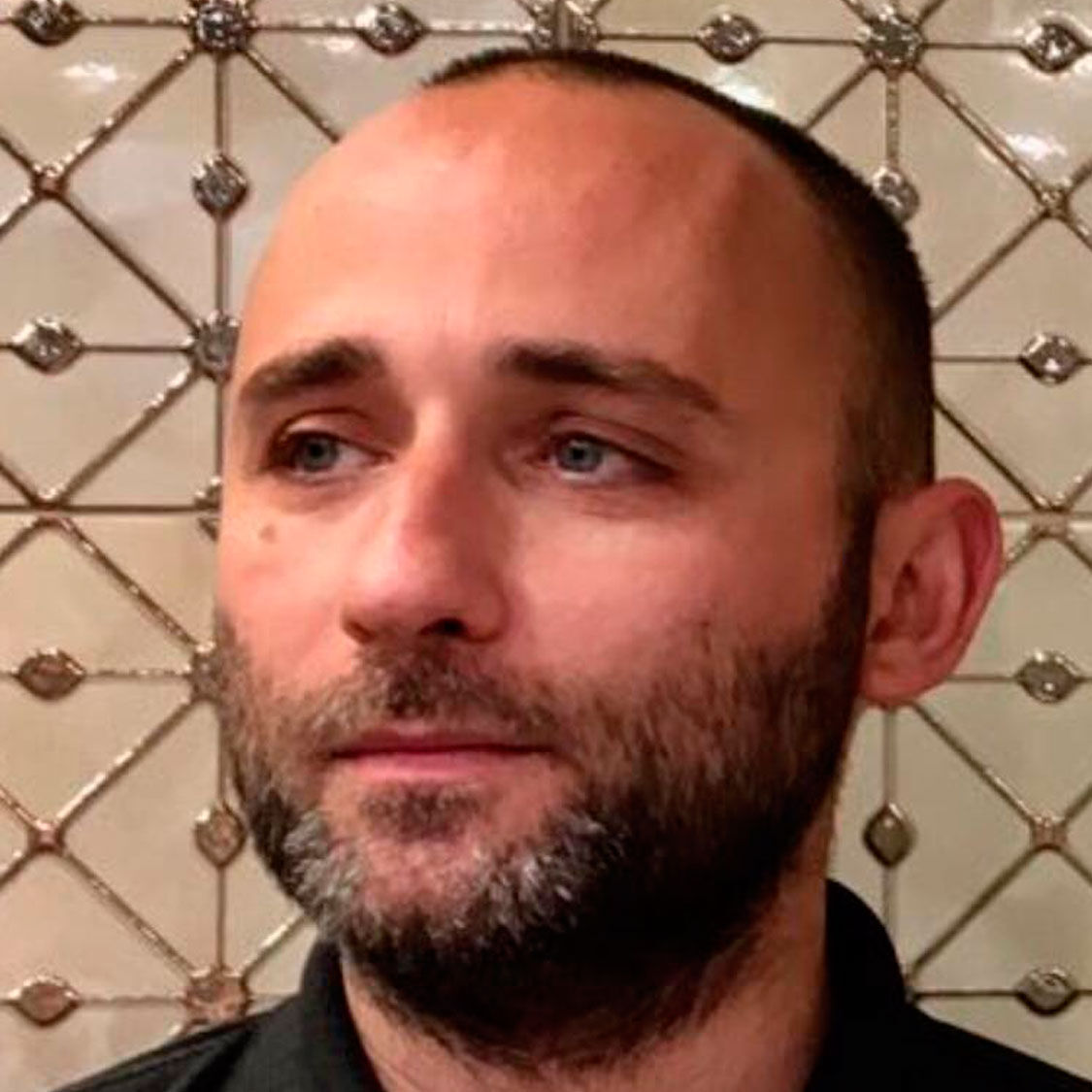
Cüneyt Çakırlar (PhD) is a UK-based researcher working at Nottingham Trent University. His research focuses on transnational sexuality studies and global visual cultures. Following his UCL Mellon Postdoctoral Fellowship, with a project on cultural translation in contemporary arts (2008–2009), he has taught film and media studies and queer arts at various institutions, including University College London, Boğaziçi University, and Istanbul Bilgi University, Turkey. He co-edited a volume on cultures of sexual dissidence in Turkey (2012). As a scholar, critic, programmer, and curator, he has also worked with various art institutions in Turkey, the USA, the UK, and Germany, and authored exhibition catalogues for various artists.
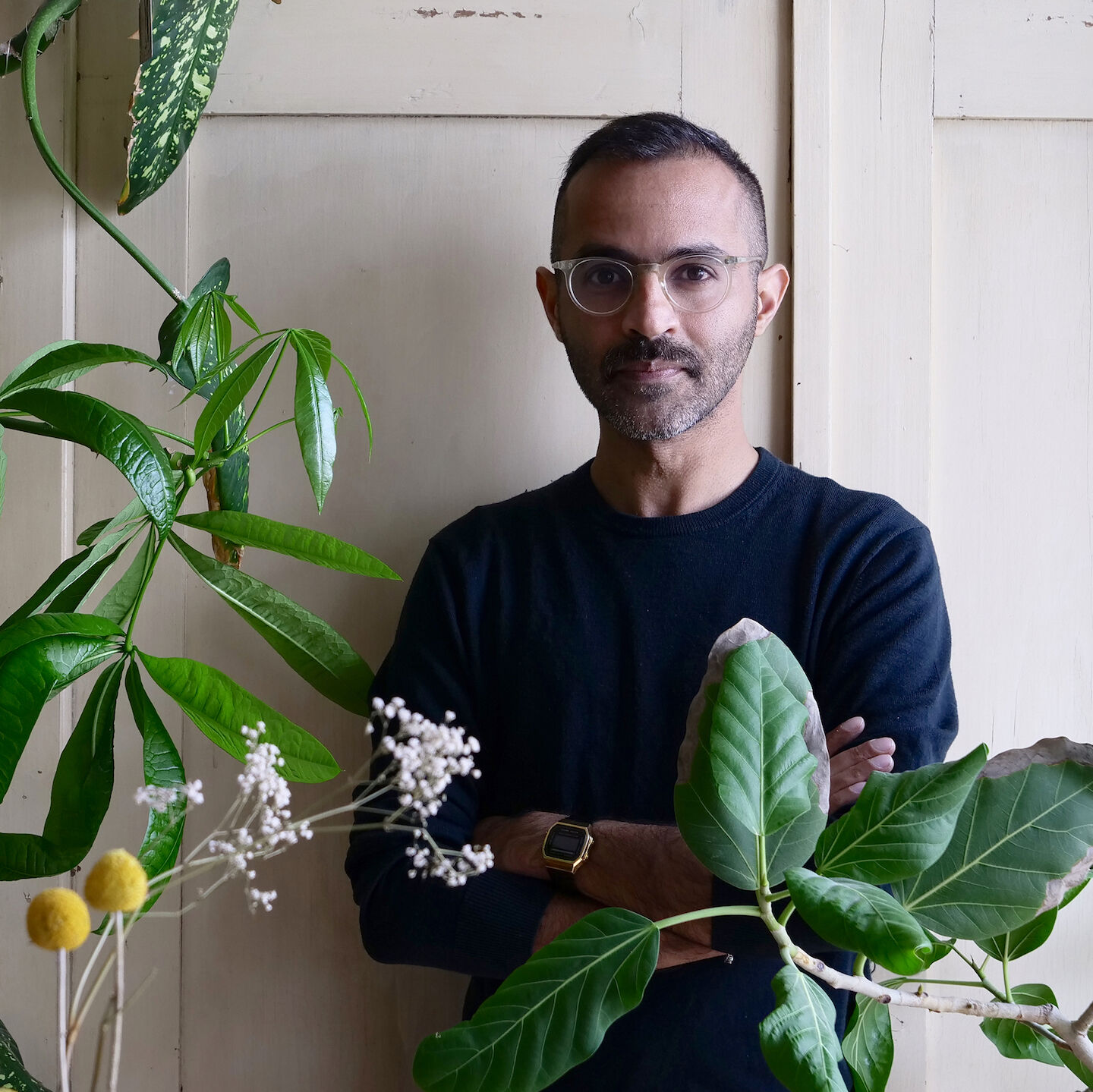
Omar Kasmani is a Berlin-based scholar and writer. Across cultural anthropology, affect theory, and queer-of-color critique, his work is concerned with ideas of intimacy, post-migrant belonging, and queer worldmaking. He is currently serving as a guest professor at Freie Universität Berlin, a role he has formerly held at Städelschule – School for Visual Arts in Frankfurt (Main). His teaching interests and research foci include religion, migration, love, and autotheory. He is the author of Queer Companions: Religion, Public Intimacy and Saintly Affects in Pakistan (2022) and the editor of Pakistan Desires: Queer Futures Elsewhere (2023). His current book-project is entitled Thin Attachments, a body of writing that turns to the self as a public archive of migrant feeling and un/love in Berlin.
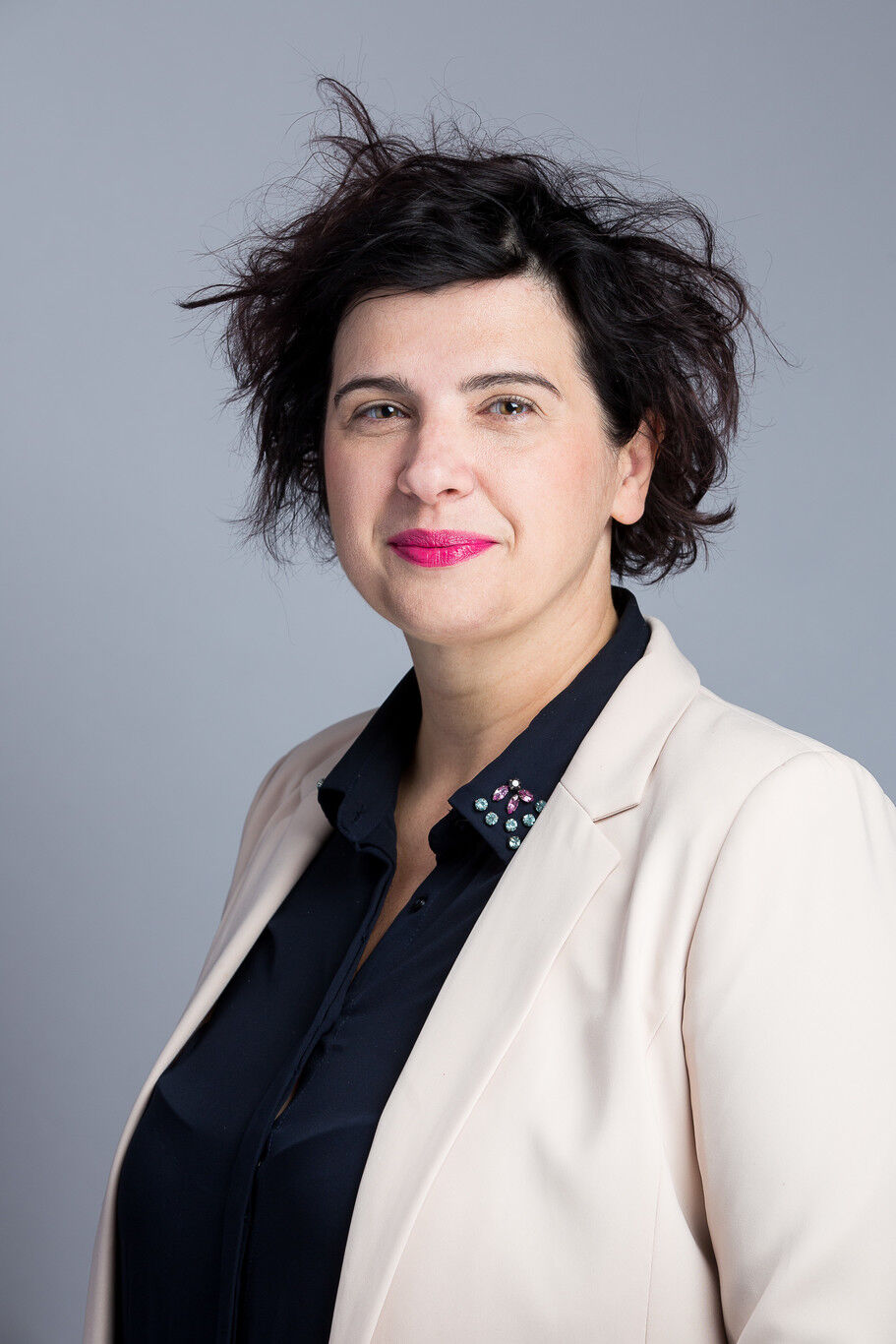
Agnieszka Mrozik is an associate professor of literary studies at the Institute of Literary Research of the Polish Academy of Sciences. She is affiliated with two research units: The Centre for Cultural and Literary Studies of Communism, and the Archives of Women. Her research interests include: women, gender, and generations in state-socialist and postsocialist Central and Eastern Europe; remembering postsocialist transitions in Central and Eastern Europe; and cultural relations between Poland and the Global South after World War II through the lens of gender. She has had fellowships and research stays at universities across Europe, including, in the summer semester of 2023/24, a guest professorship at the European University Viadrina in Frankfurt (Oder). She has written, co-authored, and co-edited several books and collected volumes, including Reassessing Communism: Concepts, Culture, and Society in Poland, 1944–1989 (2021).
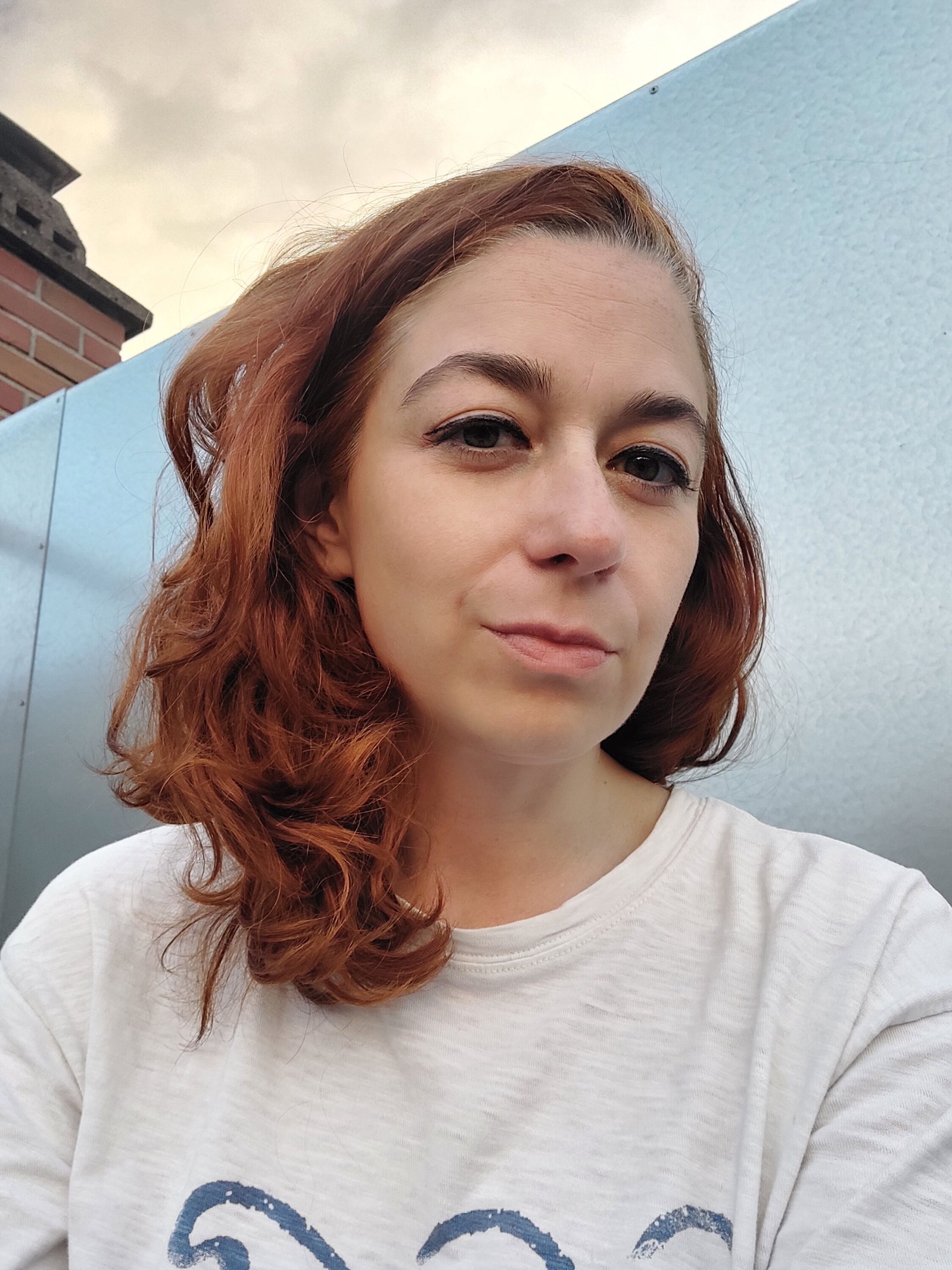
Milica Popović (PhD) is a political scientist specializing in memory studies, political sociology, and higher education studies. She obtained a PhD in comparative political sociology from Sciences Po Paris and one in Balkan studies from the University of Ljubljana. In 2021–2023, she was a postdoctoral fellow and project lead at the Global Observatory on Academic Freedom at Central European University in Vienna, receiving a DAAD Fundamental Academic Values Award for Early Career Scientists for this work. Her research focuses on memory politics and nostalgia, intersections of art and politics, hegemonic discourses and museums, (post-)Yugoslav space, the subversiveness of the act of desertion, silence in memory narratives, and the link between (academic) freedom and (neo)nationalisms. Beyond her academic work, she contributes to developing the higher education policy in Europe, seeking to better the conditions for scholars and especially early-career researchers.
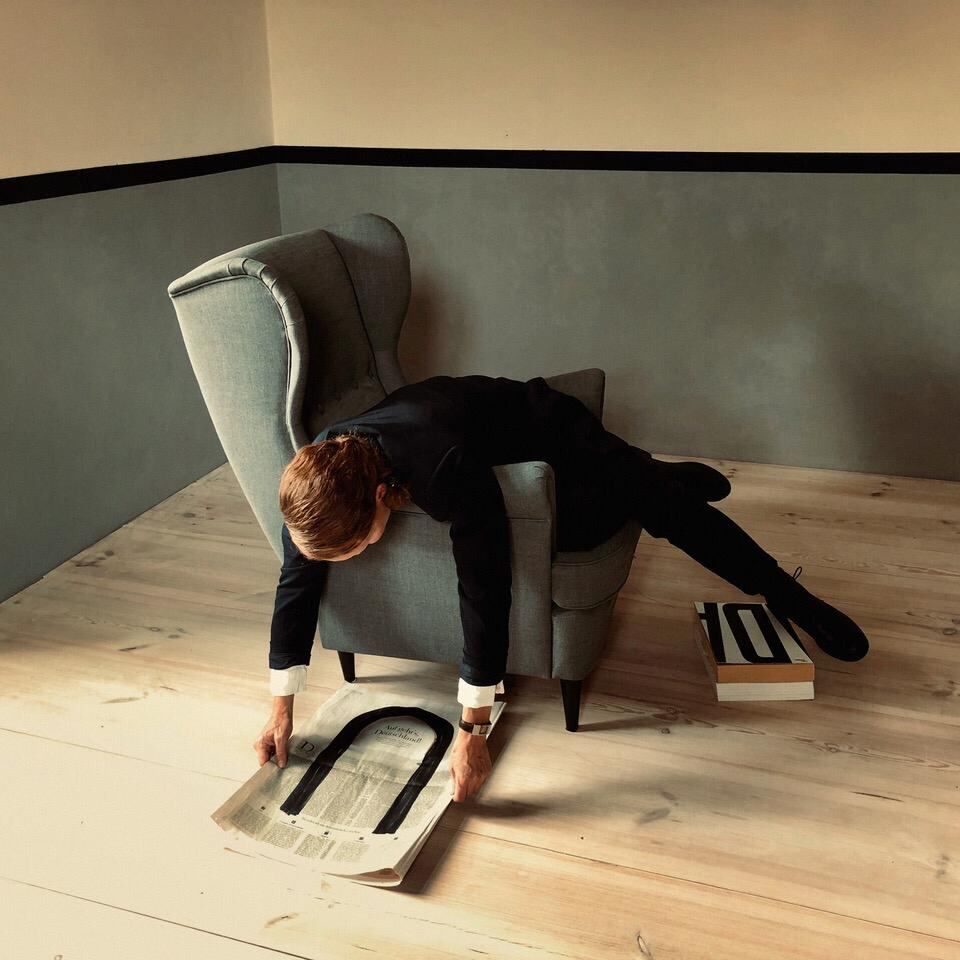
Cia Rinne, born in Gothenburg, is a poet and artist working across languages with text and sound works, performance, and film. She is the author of four volumes of minimalist poetry such as notes for soloists and l'usage du mot, five libretti (most recently Wasting my Grammar, a vocal score for Neue Vocalsolisten), and has collaborated on documentary projects, a.o. on the Roma of Europe. Her work has been shown internationally in galleries and museums, and was awarded with the Prix littéraire Bernard Heidsieck-Centre Pompidou in 2019. Cia a member of the Anti Discrimination Center (ADC) Memorial Brussels.
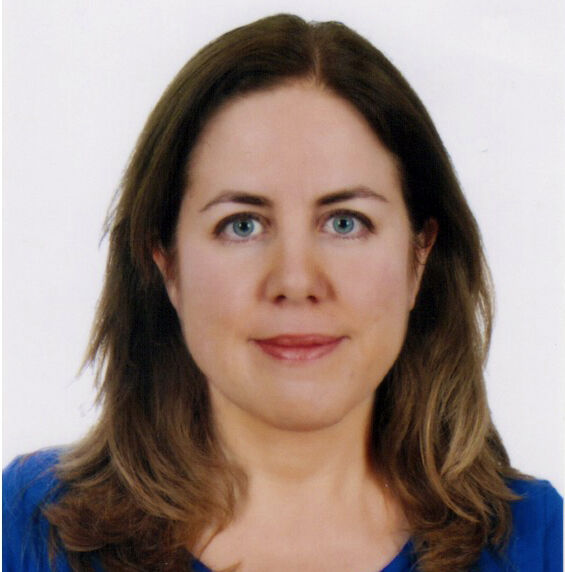
Aslıhan Şenel (PhD) is an Istanbul-based architect, researcher, and educator, working with multidisciplinary and collective methods. She is an associate professor at Istanbul Technical University (ITU), where she teaches architectural design. She studied architecture at ITU and completed her PhD at University College London, where she also taught from 2004 to 2008. She has published on critical mapping, performative theories, feminist situated pedagogies, collective practices of design, and representational theories and practices. Exploring the same topics through making, she has collaborated in critical and creative projects such as, Fluctuating Bodies of Care (London Design Biennial, 2023) and A School of Unknowables (4th Istanbul Design Biennial, 2018). Her publications include Shadowing Silence: A Spatial Rewriting of Myths and Fairytales (The February Journal, 2023), Critical Spatial Commons (Tirant lo Blanch, 2022), Travelling through Guidebooks: Reading and Remembering Imagined Topographies of Nicosia (2018) and Mapping as Performing Place (2014).
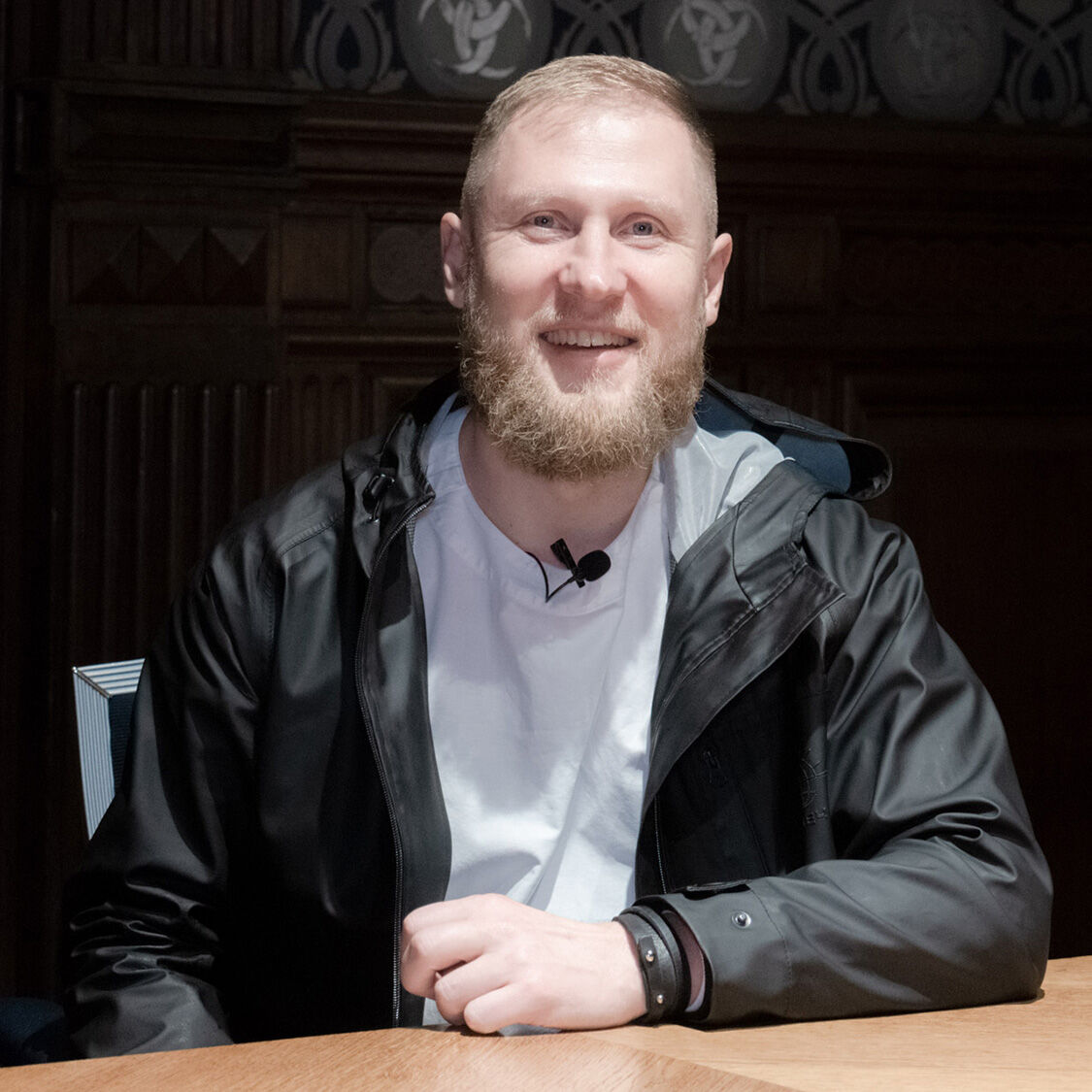
Vlad Strukov (PhD) is a London-based multidisciplinary researcher, curator, and cultural practitioner, specializing in art, media, and technology cross-overs. He is an Associate Professor at the University of Leeds, working on global visual cultures, and a Visiting Professor at Ca-Foscari University (Venice), working on curatorship. He is currently carrying out a research project interrogating the relationships between streaming media and (inter)national film cultures (2022-24, funded by the British Academy). He previously worked on a major project dedicated to contemporary queer visual cultures (2016-21, funded by the Swedish Research Council and Garage Museum of Contemporary Art). He is the author of many publications on queer visual culture in global settings, including a special issue on queer Russian and Russophone cinema (Studies in Russian and Soviet Cinema, 2023).
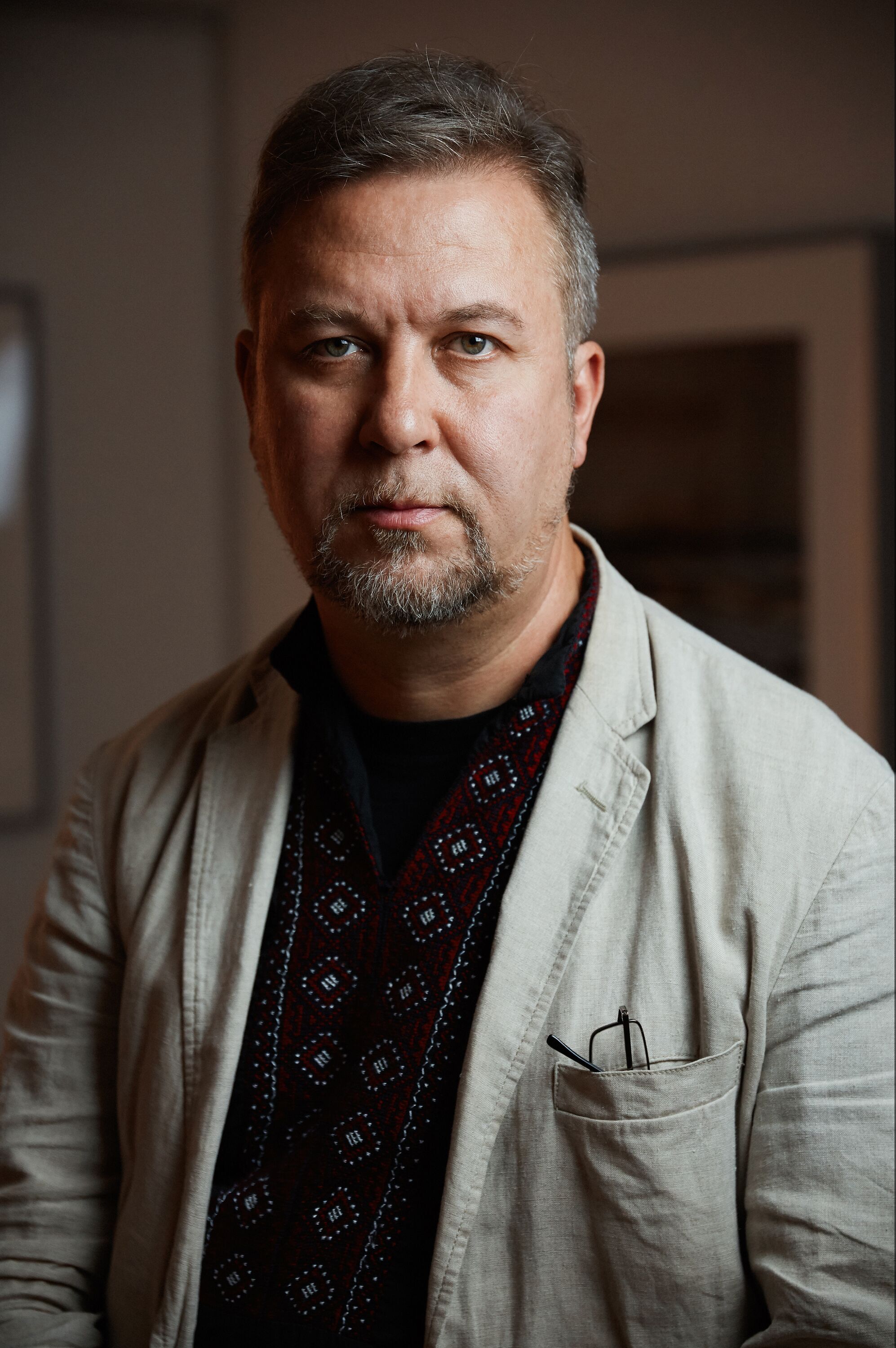
Alexey Ulko is a linguist, independent researcher, consultant on contemporary art and filmmaker based in Samarkand, Uzbekistan. He works with a wide range of issues, from postcolonial studies and contemporary Central Asian art to new metaphysics and esotericism. He has written, contributed to or edited several books, including ἀγάπη (2021), Censoring Art (2018), and Culture Smart! Uzbekistan (2017). He conducted research for the exhibition ‘We Treasure Our Lucid Dreams’ (2020) at Garage Museum of Contemporary Art, co-curated several exhibitions and art and music events in Tashkent, and wrote texts and made videos for different projects and publications. He is a member of the European Society for Central Asian Studies, the Association for Art History, and the Central Eurasian Studies Society.
We are continuing to recruit new members for the Advisory Board.


